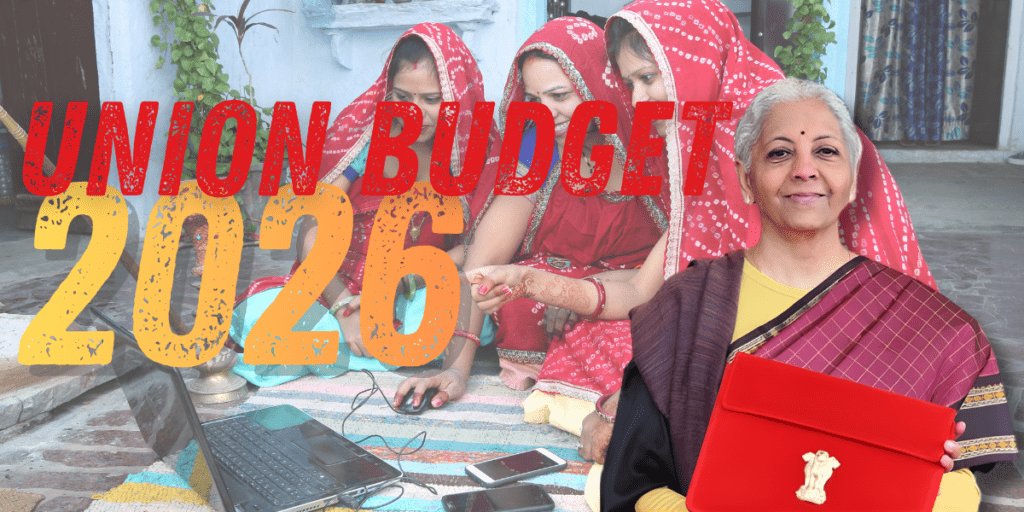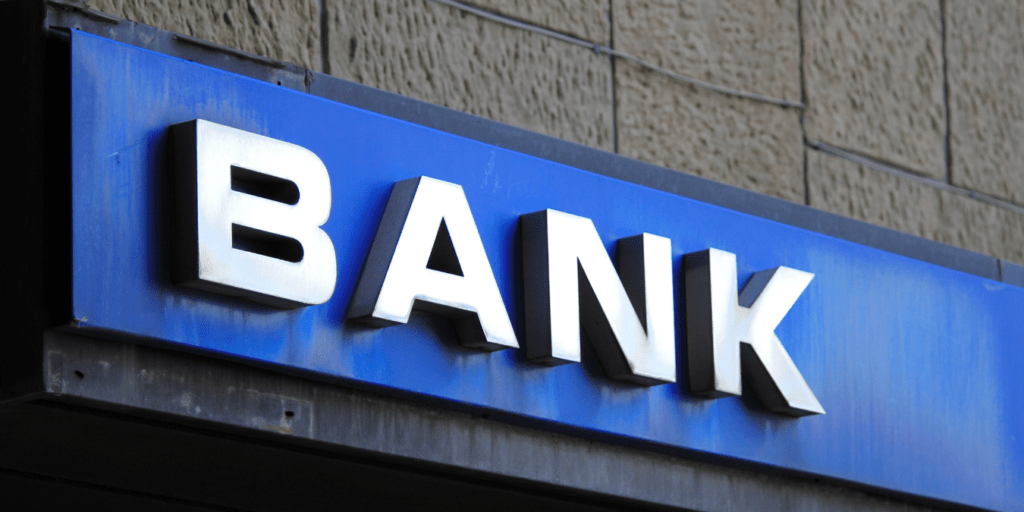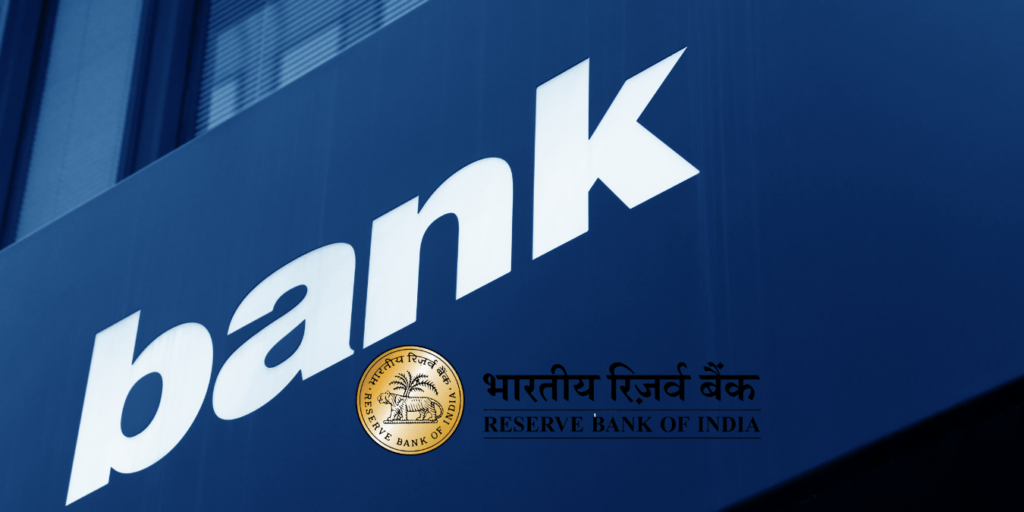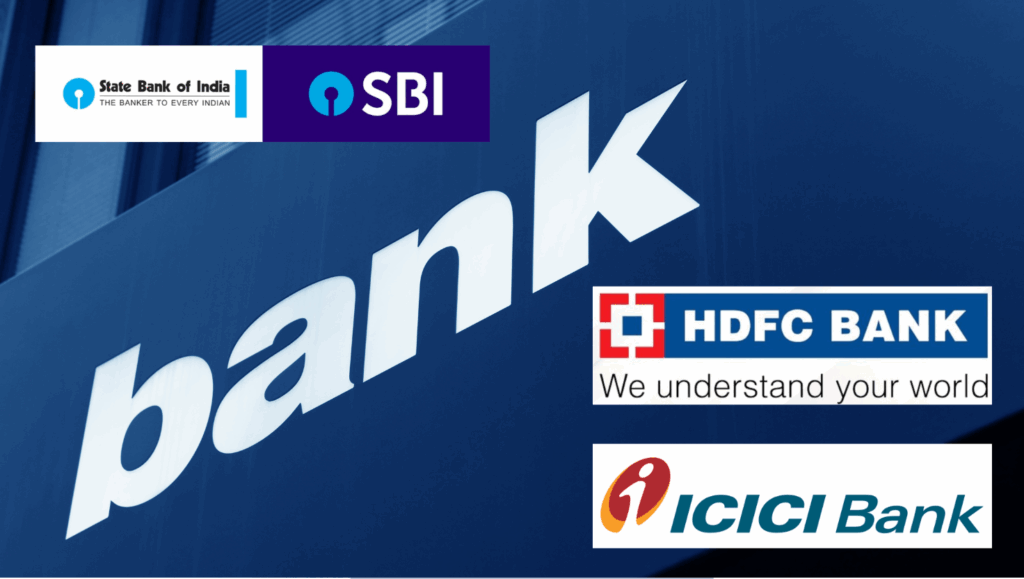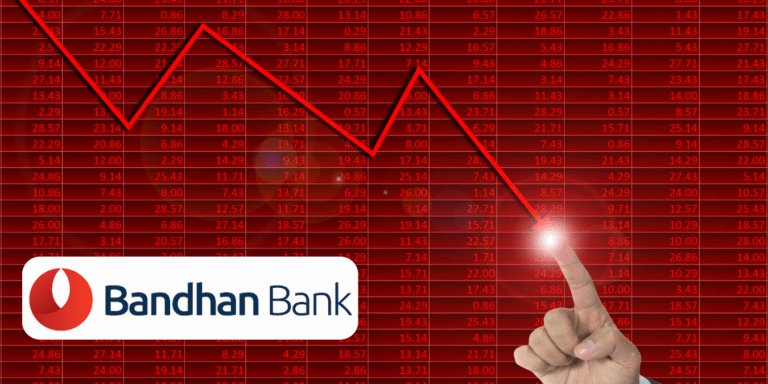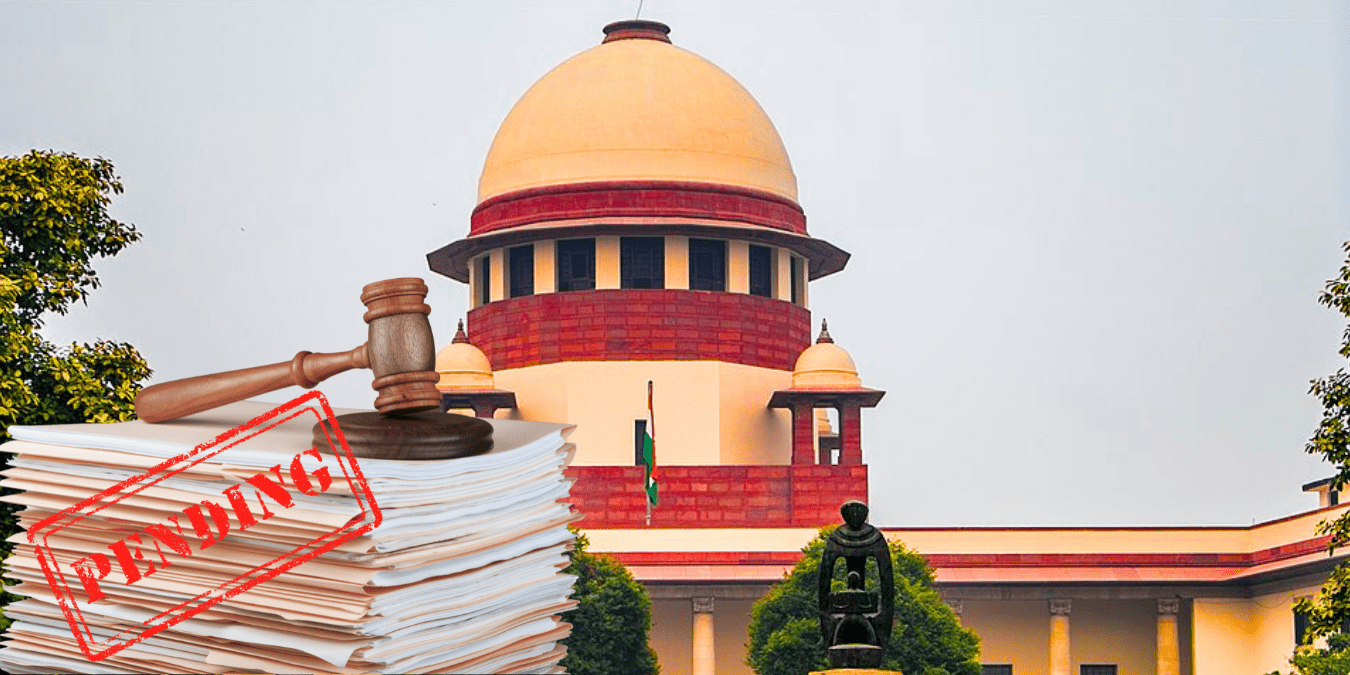
States with Highest Cheque Bounce Case Backlog, With Rajasthan and Delhi Topping the List
India’s cheque bounce crisis in 2025, where Rajasthan and Delhi lead with staggering backlogs that are choking courts and businesses alike. What hidden factors are fueling this legal avalanche? Why are thousands trapped in endless battles over bounced cheques—and how could new laws and digital hacks change everything? Uncover real stories, surprising insights, and smart strategies to protect your money in today’s uncertain financial landscape. The full story might change how you think about payments forever—don’t miss this eye-opener!
India is facing a “cheque bounce crisis,” with a mountain of unresolved cases choking courts and leaving thousands frustrated. But which states top this backlog chart — and what buried truths do these numbers reveal about the legal system’s future? In October 2025, Rajasthan and Delhi emerged as shocking leaders in this legal logjam, setting off ripples across the banking, legal, and business worlds. Get ready for Smart insights, real stories, and powerful context you won’t find in typical headlines.
The Cheque Bounce Avalanche: Why It Matters Now
The humble cheque—a cornerstone of India’s trust-based finance—has become a hidden source of legal chaos. Each bounced cheque doesn’t just represent a failed payment; it marks the start of a drawn-out battle in the courts. With over 3 crore pending Section 138 NI Act cases by 2025, the backlog has ballooned into a national headache, paralyzing courts and shaking business confidence.
But this isn’t just about statistics. Behind every case stands a small business fighting to get paid, a family waiting for dues, or an entrepreneur’s dream on hold. Rajasthan and Delhi, in particular, are now under the spotlight for their record-setting pileup.
What Every Reader Should Know
- Rajasthan and Delhi lead India’s cheque bounce case backlog, with over 10 lakh unresolved disputes between them as of October 2025.
- Legal congestion, lax digital adoption, and habitual offenders fuel the crisis, especially for small businesses.
- New reforms—including fast-track e-courts and digital solutions—are emerging, but recovery remains slow and unpredictable.
- Entrepreneurs and finance professionals should pivot to digital payments, strict due diligence, and emerging smart escrow platforms to avoid falling victim.
Rajasthan Leads: The Hidden Epicentre of Cheque Disputes
Rajasthan has silently become India’s cheque bounce case capital. By October 2025, the state reported over 5.5 lakh pending cases—a number that shocked even legal veterans.
Why Rajasthan?
- Growing Business Hubs: Jaipur, Udaipur, and Jodhpur have seen a boom in SME activity, but payment defaults have kept pace.
- Rural-urban Legal Divide: Smaller towns lack efficient court systems, causing rural disputes to snowball.
- Delayed Digital Adoption: Despite India’s digital leap, cheque usage remains high in semi-urban Rajasthan, increasing the risk of payment failures.
Real Story:
Ramesh Sharma, a marble supplier from Kishangarh, recounts how a single bounced cheque worth ₹3.2 lakh dragged him through 10 court hearings over two years — with no closure in sight. “Each hearing meant lost business and legal costs, and the person who bounced my cheque is still running his firm,” he laments.
Delhi: Legal Gridlock in the Capital
Delhi, India’s pulsating legal and business center, has quickly catapulted to second place with nearly 4.9 lakh unresolved cases as of October 2025.
The Heart of the Problem:
- High-Value Transactions: Real estate, trading, and service industries rely heavily on cheques for large deals.
- Court Congestion: Delhi’s magistrate courts process thousands of cheque bounce cases each week, but legal machinery is stretched thin.
- Repeat Offenders and Fraud: Easy access to blank cheques and insufficient KYC keeps loopholes wide open for chronic defaulters.
Example:
A startup founder in South Delhi faced bounced cheques worth over ₹20 lakh from three clients, resulting in a legal marathon. “Six months later, not a single rupee recovered — but I’ve spent ₹1 lakh on lawyers and court fees,” she reveals, highlighting the secret costs that rarely make headlines.
The Nationwide Landscape: Who Else Is Struggling?
It’s not just Rajasthan and Delhi. Other states like Uttar Pradesh, Maharashtra, and Gujarat round out the list of highest cheque bounce backlogs, each with over 2 lakh pending cases.
Breakdown by States (October 2025):
| State | Pending Cases (Lakhs) | Trending Factors |
| Rajasthan | 5.5 | SME boom, rural gridlock, slow digitization |
| Delhi | 4.9 | High-value deals, repeat fraud, court overload |
| Uttar Pradesh | 3.2 | Large population, urban hubs, legal delays |
| Maharashtra | 2.7 | Metro city churn, dense business transactions |
| Gujarat | 2.3 | Industrial growth, cheque dependency |
What’s Fueling the Cheque Bounce Surge?
October 2025 Trends:
- Post-Pandemic Credit Crunch: Businesses stretched thin post-COVID are caught in a chain of delayed payments, triggering a domino effect of cheque defaults.
- Digital Payments Not Enough: While UPI and NEFT soar in metros, cheques remain dominant for many B2B dealings, especially outside Tier-1 cities.
- Legal Remedies Lag: Amendments to the NI Act aimed at “quick disposal” haven’t stemmed the tide — in fact, fast-track courts are themselves clogged with cases.
Hidden Insight:
Lawyers report that over 70% of cheque bounce cases never see actual monetary recovery; many defaulting parties exploit procedural delays, knowing that justice will move slowly.
How Courts Are Trying to Untangle the Mess
Smart Moves by Judiciary:
- E-court Platforms: Rajasthan has piloted digital hearings for cheque bounce cases, but implementation remains patchy.
- Lok Adalats: Special drives have helped settle thousands of minor disputes, yet the pace can’t keep up with new filings.
- Penalty Reforms: Higher fines and threats of jail time under Section 138 don’t always deter habitual defaulters, especially where asset tracing is weak.
Future Watch:
Recent Supreme Court directives encourage mediation, aiming for “one-time settlements” to slash pendency — but execution remains sluggish on the ground.
The Human Cost: What’s at Stake?
Behind the backlog sits a very real human toll. Here’s what makes this crisis more than a legal quirk:
- Small Businesses Suffocate: Many rely on a single large cheque; a bounce can choke cash flow and push owners into debt.
- Consumer Trust Erodes: As stories of never-ending court battles spread, faith in cheques—and the people behind them—collapses.
- Judicial Fatigue: Magistrates spend months sifting routine payment disputes instead of focusing on serious crimes, burdening already-stretched legal resources.
Hidden Victims:
Women entrepreneurs and micro-enterprises, often lacking legal muscle, are disproportionately impacted by delayed cheque recoveries.
Real Stories: Faces Behind the Numbers
Quick Showcase:
- Smart Resilience: In Jaipur, a group of textile traders banded together to publicize serial defaulters through social media “watch lists,” pressurizing some to settle out of court.
- Shocking Roadblocks: In Delhi’s Patparganj, a retired teacher fought a bounced rent cheque for three years, spending more on lawyers than the original amount owed.
- Future Hopes: Gujarat-based fintech startups are now piloting digital escrow services that release payments only after 100% fulfillment, quietly changing the cheque game.
Legal Reforms and Practical Solutions: Where Do We Go From Here?
Quick Wins for Readers:
- Digital Escrow Adoption: Trust new-age B2B payment platforms with smart contract options that reduce cheque dependency.
- Background Checks: Always do due diligence on counterparties before accepting large cheques, especially in property or trade deals.
- Negotiate Digital Terms: Insist on NEFT/RTGS/UPI for high-value transactions where possible—faster settlements, fewer bounce worries.
Government and Judiciary’s To-Do List:
- Automation Push: Nationwide e-court rollout with AI-based case triage to cut low-value backlog.
- Awareness Blitz: Public campaigns highlighting cheque bounce risks and safer alternatives.
- Enforcement Heat: Stricter tracking of repeat offenders, and blacklisting on financial networks.
October 2025: What’s Changing This Month?
With continued media spotlight and rising public frustration, new changes are afoot as of October 2025:
- Rajasthan’s Chief Justice announced a “mission-mode disposal” plan, targeting a 20% drop in cheque bounce pendency by March 2026.
- Delhi’s High Court is experimenting with SMS notifications for all parties in ongoing cases, slashing “no-show” adjournments.
- Section 138 reform proposals, under review in Parliament, could finally empower courts to order immediate bank account freezes for repeat fraud.
The secret for businesses? Stay ahead by adopting “future-ready” payment safeguards — and keep a sharp eye on state-specific developments.
Final Thought Snippet: Don’t Get Caught in the Cheque Trap
Cheque bounce cases are the silent epidemic sapping trust in India’s financial system — and Rajasthan and Delhi’s swelling backlogs may only be scratching the surface of a deeper problem. But here’s the real twist: with digital payments, smart legal reforms, and new enforcement tools arriving in 2025, the way India handles cheque disputes could transform almost overnight. Will businesses and individuals upgrade their payment mindsets in time—or risk getting stranded in tomorrow’s backlog? The states leading the crisis may just reveal the hidden future of Indian financial justice. Ready to discover how the next chapter unfolds? Stay tuned for the Smart shift ahead.
